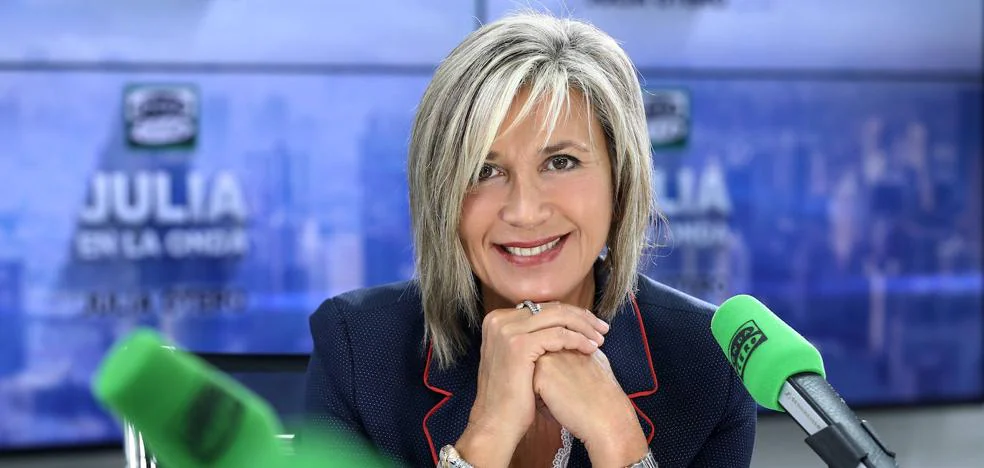With ‘The Short Flight. Women and Migrations in the Modern Age’, a ‘rigorous’ and ‘comprehensive’ study of the migration phenomenon
The essay ‘The short flight. Women and Migrations in Modern Times’ (University of Santiago de Compostela) has awarded its author, the Galician professor Ofelia Rey Castelao, the Spanish National Prize of History, awarded annually by the Ministry of Culture and Sports, with a prize of 20,000 euros.
The jury emphasized in its verdict that it is “a rigorous study with a diversity of historical sources that provides a comprehensive picture of the migration of women.” It’s about “the intrapeninsular, the transoceanic, those who did it as free, semi-free or captive people or as exiles.”
Rey Castelao’s work “studies the causes and transcendental demographic, social, labour, economic, cultural and moral consequences, while at the same time offering an examination of the other side of the phenomenon, the consequences of male migrations for the women who have been left behind” , indicates the pronunciation.
He praises “his remarkable contribution to Spanish historiography” and “its enormous social value, as well as his analysis of a complex reality, that of migrations, of undeniable relevance.” The jury assures that the professor’s text “is an impeccable example of interdisciplinarity and methodology, with a renewed focus on the gender perspective of migration processes in Spain in modern times.”
Author of such titles as ‘History of Women in Galicia: (16th to 19th Centuries)’ (2009) or ‘The Challenge of Breaking a Glass Ceiling in the 21st Century: Women and Humanities in the Spanish Academic and Scientific System’ ( 2019 ), Ofelia Rey Castelao (A Estrada, Pontevedra, 1956) has been Professor of Modern History at the Faculty of Geography and History of the University of Santiago de Compostela (USC) since 2002.
There he graduated in 1978 and obtained his doctorate in 1984, in both cases with an Extraordinary Prize. Since 1986, she has been a full professor and has directed fifteen regional and state projects, seven doctoral theses and more than twenty bachelor’s theses. She is the coordinator of the USC’s ‘Modern History’ research group and is a member of the Advisory Board of the CSIC’s ‘History Library’.
He headed the magazine ‘Obradoiro de Historia Moderna’ for fifteen years and sits on the scientific committee of academic publications such as ‘Tiempos Modernos’ (Complutense University of Madrid), ‘Investigaciones Históricas’ (Universidad de Valladolid), ‘Contrahistorias. The Other View of Clio’ (UNAM, Mexico), ‘Social History’, ‘Trocadero’ (University of Cádiz), ‘Mélanges de la Casa de Velázquez’ or ‘Estudis’ (University of Valencia).
She was Vice-President of the Spanish Foundation for Modern History (2006-2008) and is a member of the Boureau of the Commission Internationale de Dèmographie Historique (elected in Sydney in July 2005).
In 2006 she was invited by the Ecole des Hautes Etudes en Sciences Sociales in Paris, where she was director of studies. She was the History and Art coordinator of the National Agency for Evaluation and Prospection. He has presented papers at state and international conferences and publishes in journals such as ‘Annales de Démographie Historique’, ‘XVIIe Siècle’, ‘Manuscrits’, ‘Pedralbes’, ‘Stvdia Historica’.
In 2011, she received the María Josefa Wonenburger Research Prize, awarded by the Secretary for Equality of the Xunta de Galicia.
Source: La Verdad
I’m Wayne Wickman, a professional journalist and author for Today Times Live. My specialty is covering global news and current events, offering readers a unique perspective on the world’s most pressing issues. I’m passionate about storytelling and helping people stay informed on the goings-on of our planet.



